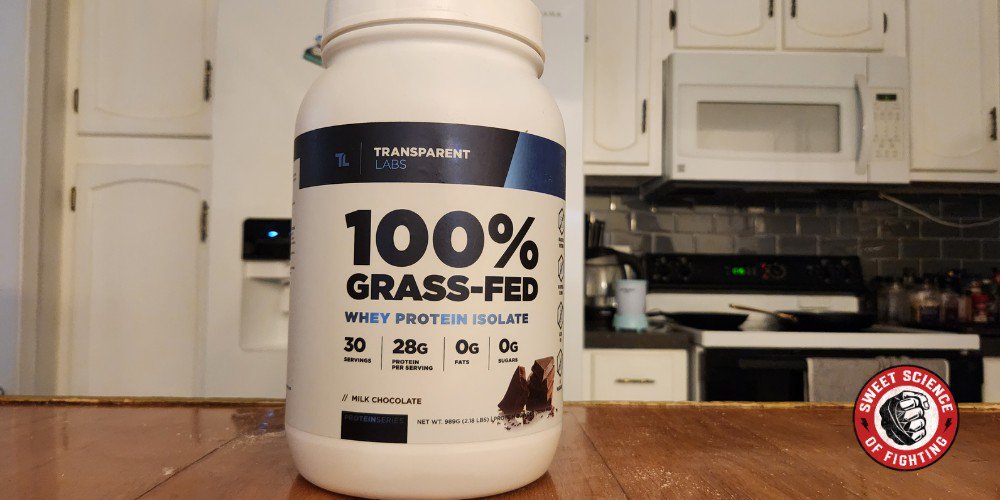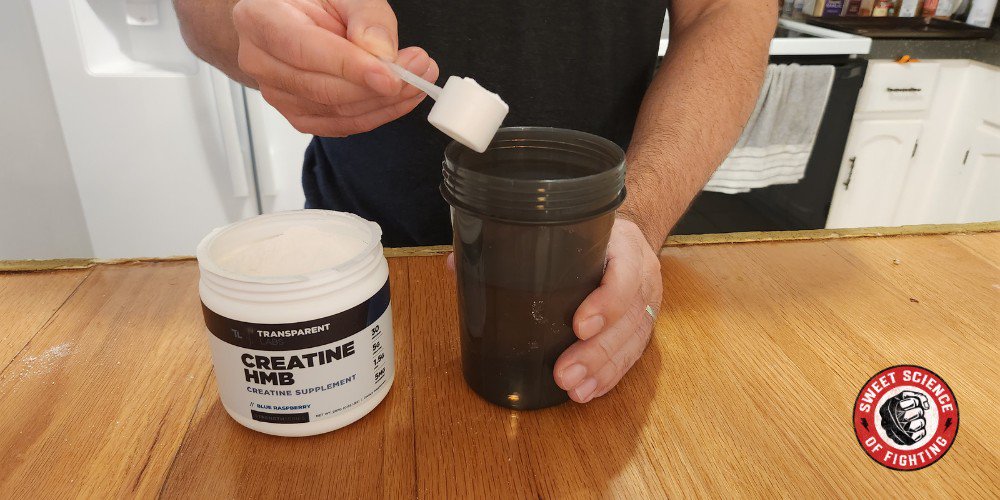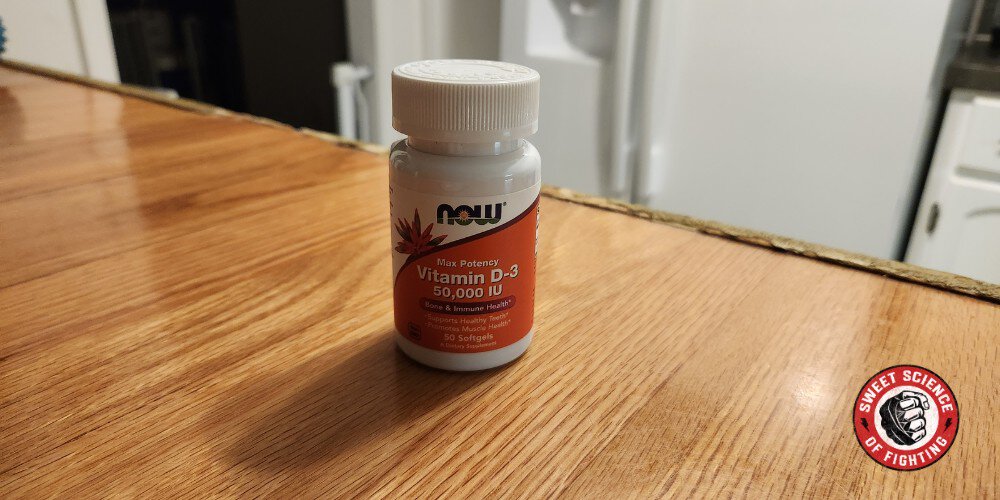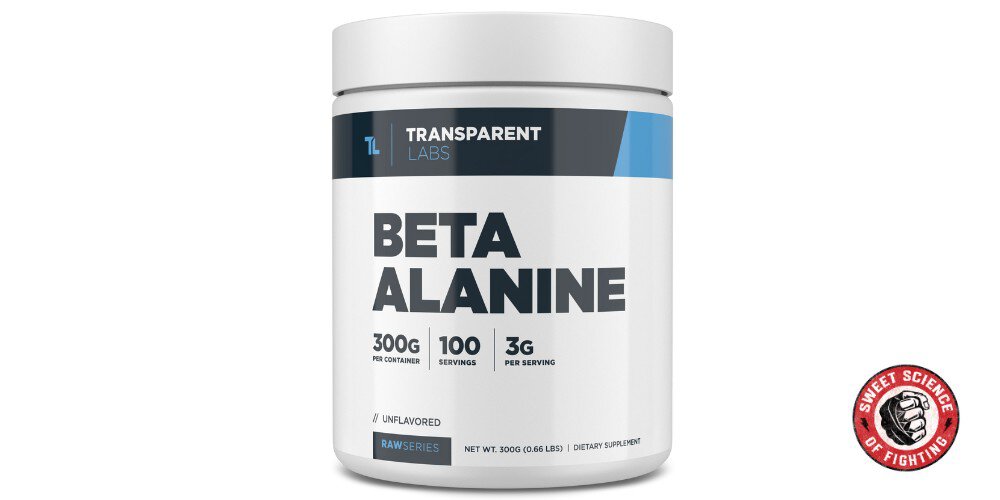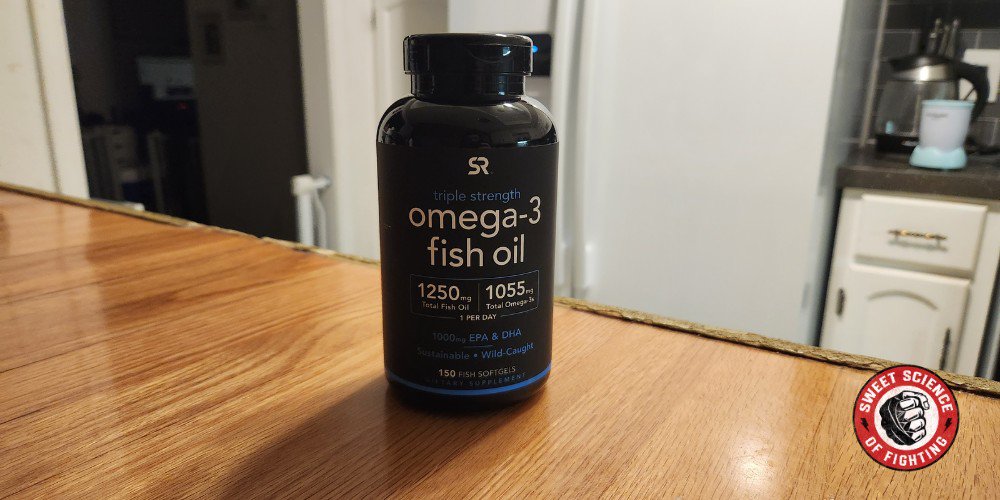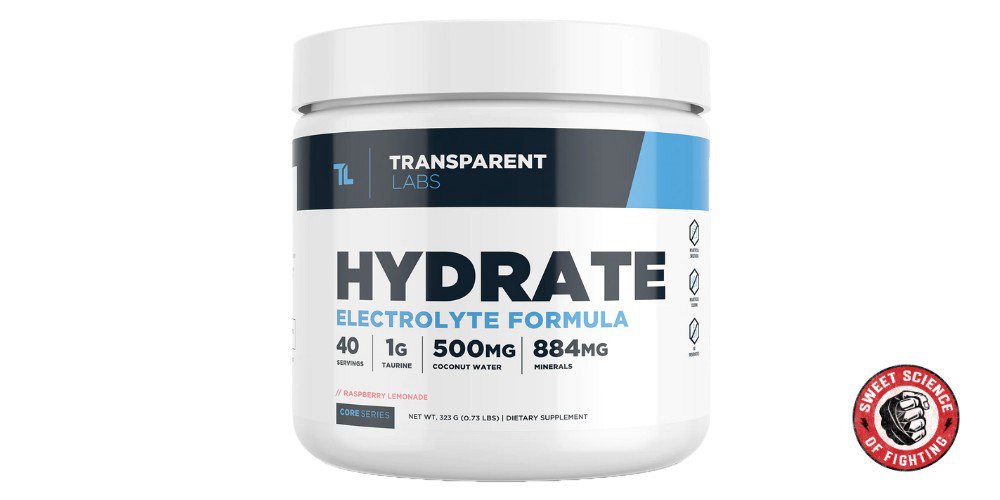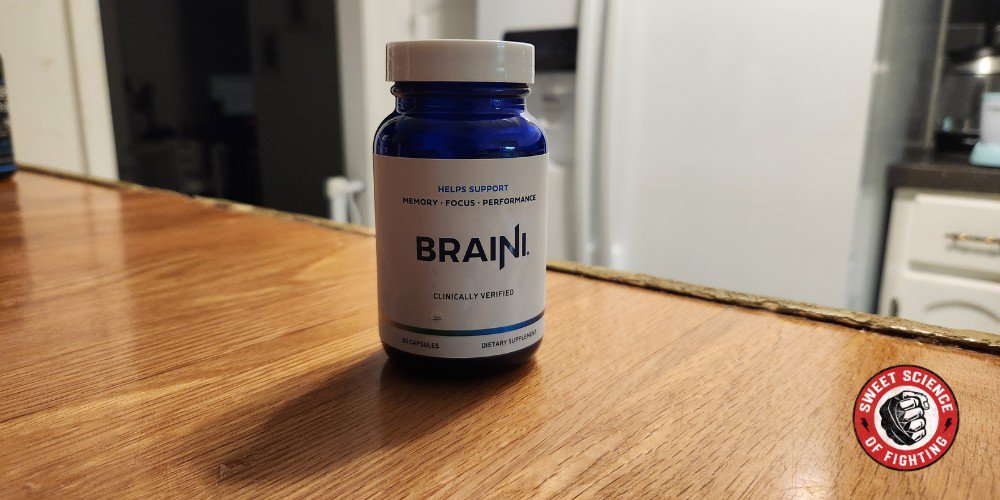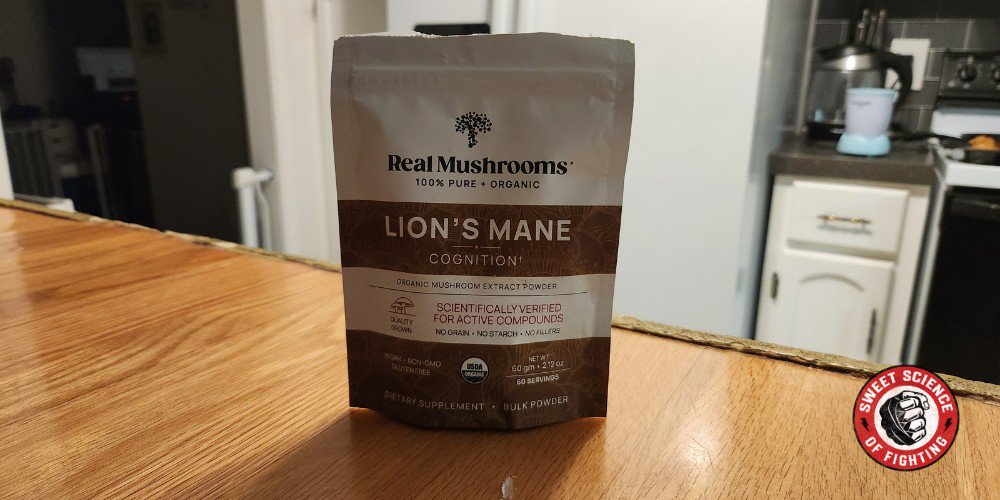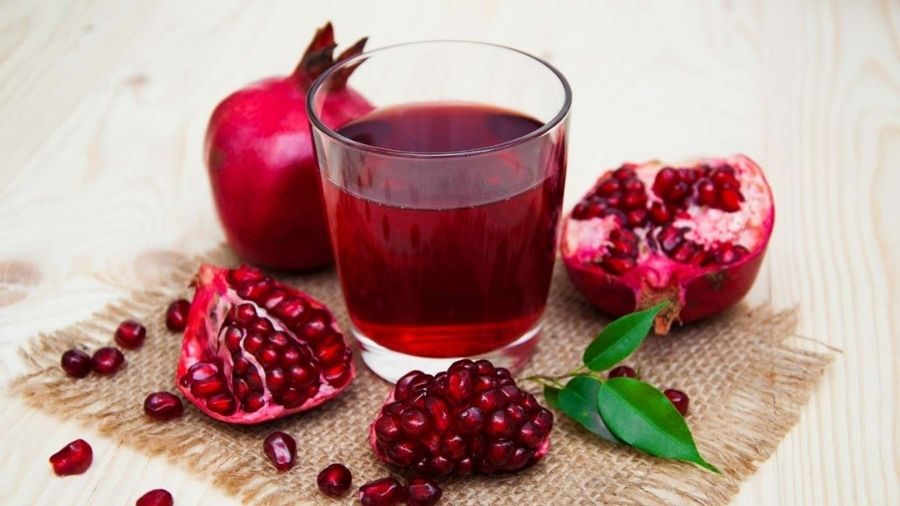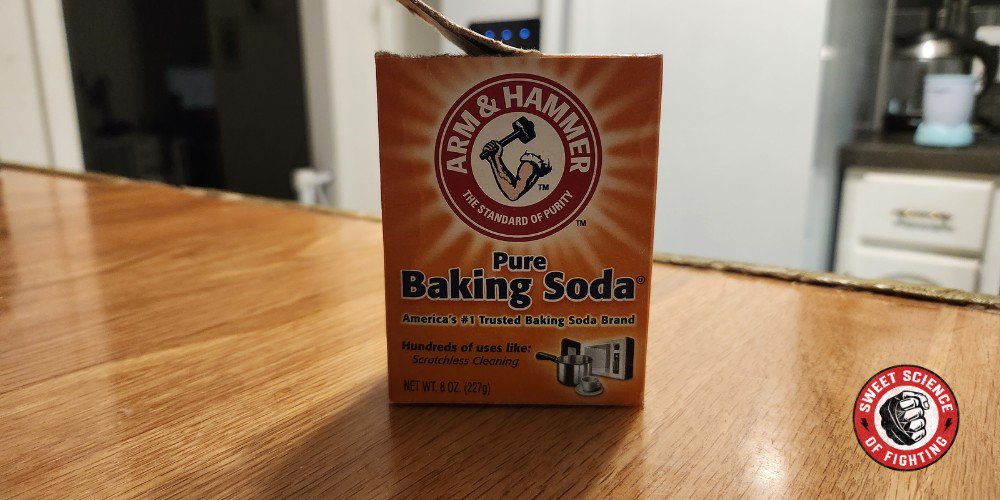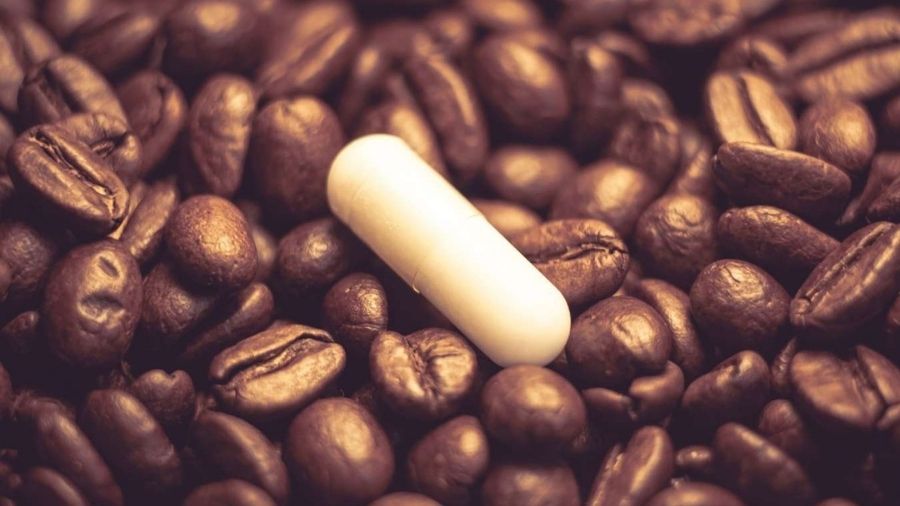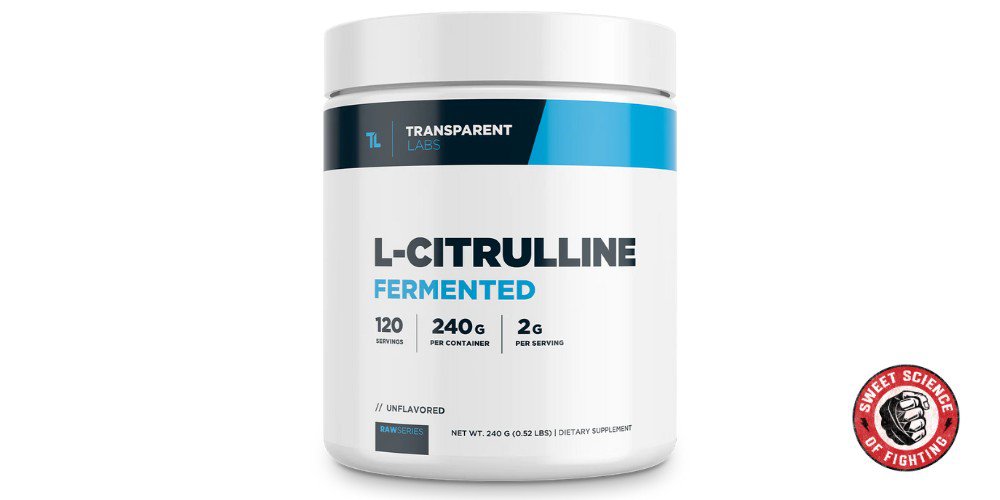This is not your typical best supplements for boxing guide. Many will promote the same ol’ supplements with no research or science to back up why they are recommending those products.
This is different. I have written this as a comprehensive supplement guide for boxers just like you based on evidence. Some of these supplements are less well known to the general public so using them can potentially give you an edge over your competition.
Here are my top 6 supplements for boxers in no particular order:
- Whey Protein
- Creatine Monohydrate
- Vitamin D
- Beta-Alanine
- Fish Oil
- Electrolytes
Best Supplements Should You Take For Boxing
Before going and buying hundreds of dollars’ worth of supplements, remember that supplementation is at the top of the performance pyramid.
If you don’t have everything else in order such as sound training, nutrition, and sleep, supplementation won’t get you that extra performance edge.
Combining supplementation on top of an already outstanding competitive boxing lifestyle will give you a competitive edge. These are the supplements that I recommend for a boxer.
Whey Protein
Whey protein is the most bioavailable, complete protein you can find in powder form. Meaning your body can digest, absorb, and utilize the protein to make new proteins better than the others.

However, when you hit your daily protein target of 0.8-1 g per lb of bodyweight, the protein source has less of an impact. As an example, beef protein can allow you to build lean body mass similar to whey protein and even lasts longer in the bloodstream [17].
Whey isolates are higher quality than whey concentrates since they provide more protein per serving size and contain less to no lactose perfect for anyone who's dairy sensitive.
How Should You Take Whey Protein?
You don’t actually have to use whey protein supplements. If you are reaching your daily protein requirements (between 0.8-1 g protein per pound of body weight), then protein supplements are irrelevant.
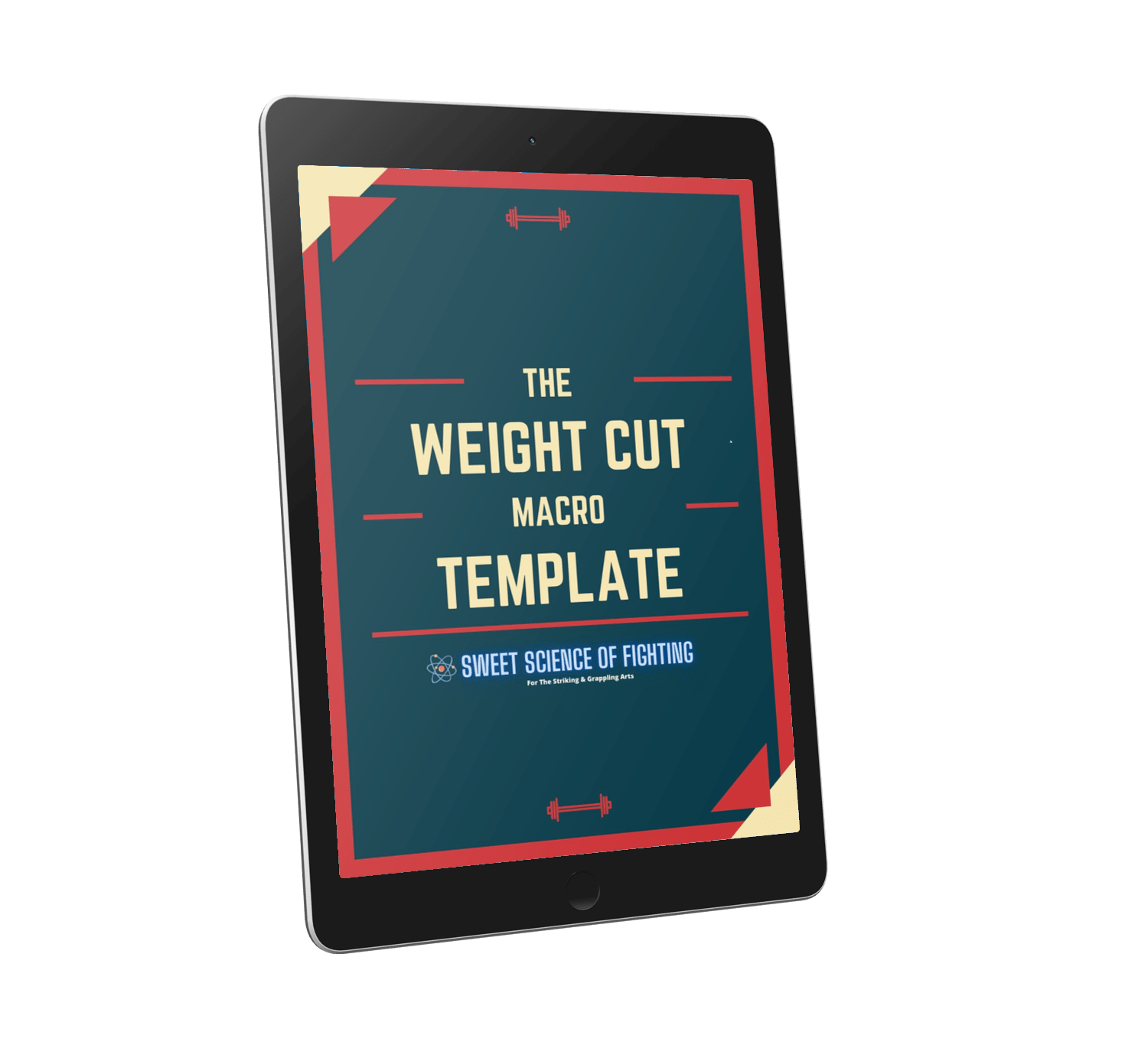
FREE Weight Cut Template That Automatically Calculates Your Macros
However, if you struggle to reach your protein intake or find protein powder convenient, then protein powder serves its purpose.
Use it any time, one scoop of your tub. Now, when choosing your protein powder, there are many different quality brands. Price can be an indicator but often some of the most expensive protein supplements are trash.
To pick the best quality protein supplements, you should look for these three things:
- The least number of ingredients
- Protein content per serving to be as close as possible to serving size.
- Informed sport tick (if you're competitive and drug tested).
For example, a 30g scoop of protein should ideally contain close to 25g of protein. Many protein powders contain closer to 20g meaning you’re paying for a lot of filler. Transparent Labs ticks all these boxes and tastes like a chocolate milkshake.
Transparent Labs Whey Protein
Creatine Monohydrate
Creatine… the most well-studied sports supplement EVER. Yet, the media is still labelling it a steroid and as a cause of muscle cramps, bloating, and even death.
Don’t believe anything that is reported by the media regarding creatine (or supplements in general). Creatine is a supplement you should be taking no matter if you are a boxer or not.
First, let’s address some creatine myths:
Creatine Causes Muscle Cramp
Nope, nope, nope! A muscle cramp is a multi-factorial problem. It's caused by overexcitation of the nerves.
In fact, treating muscle cramp acutely can be done by stretching which "turns on" the inhibitory mechanism of the tendon to reduce this excitation, or by drinking vinegar and hot sauce to excite the nerves in the mouth taking away the electrical signals from the cramping muscle [6].
Cramp often comes about from bad preparation and fatigue. And no, electrolyte depletion through sweat causing cramp is also a myth. But that’s another topic.
Creatine Causes Digestive Issues
Again, taking 5g of creatine a day is very, very unlikely to cause any digestive issues. Digestive issues are usually only reported when loading creatine (taking 20g a day) which is not necessary to benefit from creatine supplementation.
Creatine Alkaline Is Better Than Monohydrate
Monohydrate has been proven over, and over again to be effective. It is dirt cheap and works. Any other form of creatine is great marketing.
You Can Get Enough Creatine From Natural Sources
Let's not even go down the natural source's path as it's a fallacy on its own. But sadly, you cannot get the amount of creatine needed from food to boost your performance.
You'd have to eat 1kg of beef (uncooked weight) every day to get 5g of creatine each day.
A cheap powder gets you there without the sheer amount of meat each day.
Creatine Makes You Bloated
While you may hold more water, you hold this water within the muscle tissue. And often not at a noticeable difference.
This water retention is due to creatine saturating the muscle. This is the effect you want. Why is this important? Now it’s time to dive into how creatine works.
How Creatine Works
Without going too deep into energy systems and physiology (rather check out my “What Is Conditioning” article), the body uses energy for muscular contractions in the form of ATP.
The P in this instance stands for phosphate. The T stands for “tri” meaning 3. So, there are 3 phosphates. This is important. So, remember this.
As you likely know, there are three main energy systems. The aerobic, the anaerobic lactic, and the anaerobic alactic. While all energy systems work together during exercise (meaning you can’t isolate one), some energy systems will contribute more energy depending on the activity being performed.
For example, a boxer predominantly uses the aerobic energy system with the alactic energy system for quick bursts. During maximal activity, the alactic energy system provides energy the fastest. Other energy systems will contribute, but they won’t be able to keep up.
The power of the alactic energy system is defined as how quickly the energy system can produce ATP (energy) while the capacity is how long the energy system can maintain this level of energy production or regeneration.
Cool, so that’s a very, very brief rundown. So how does creatine fit into this?
Remember the phosphate molecule I mentioned earlier? The creatine molecule is what binds to this phosphate.
The more creatine floating around, the more phosphate floating around.
When ATP is used, the phosphate is burned and ATP becomes ADP (D meaning “di” or 2). Now there are only 2 phosphates attached (it goes further than this but we will stop here).
To regenerate energy, more phosphates must be attached to turn ADP back into ATP.
The greater and faster this can happen, the longer the energy system can maintain its energy regeneration or capacity.
So, by supplementing with creatine, you can increase the power and capacity of the alactic energy system providing you with more “explosive” energy during your boxing training or fight.
This means you can perform higher quality training, and therefore, make further gains.
Benefits Of Creatine
We’ve covered much of the performance benefits by describing the physiology above. But creatine has more benefits than just increasing power output. In fact, those taking creatine may see on average an 8% increase in strength [7].
Also, creatine may even have a neuroprotective mechanism that prevents neurodegenerative disease [8]. A very important potential protective mechanism that is rarely mentioned when it comes to combat sports.
As it gets studied further, creatine could become a supplement that is recommended to all boxers due to the head trauma that is associated with boxing.
Further, creatine may enhance your memory if you are deficient which is common among vegetarians [9] and even in young adults [10].
How To Take Creatine
Take creatine at any time of the day. Whenever you remember. I find it easiest to mix in my protein smoothie. 5g a day, every day. That’s it!
Which Creatine To Get
Transparent Labs makes a creatine with the informed sport tick so is banned substance free and high-quality.
Transparent Labs Creatine Monohydrate
Vitamin D
Those who train and play indoor sports are more susceptible to Vitamin D deficiency as Vitamin D is mainly synthesized from being in the sun.
Elite Spanish boxers and other indoor sporting disciplines were all moderately deficient in Vitamin D levels or worse [13].
Why does this matter? Vitamin D concentration has been associated with bone mineral density, influences muscle growth especially Type II muscle fibers, improves strength and performance, may accelerate rehabilitation, and strengthen the immune system [14].
If you live in an area that doesn’t get much sun, or you don’t spend much time outside, then supplementing with Vitamin D is a good idea.
Further, Andrew Marley's PhD research in combat athletes has shown 50,000 IUs of vitamin D per week improved aerobic and anaerobic exercise performance compared to placebo [18][19].
You can listen to how he conducted and the results of his research on the Sweet Science of Fighting podcast below.
How Should You Take Vitamin D?
Take Vitamin D any time of the day. Whenever you remember to take your supplements. When buying Vitamin D, make sure you buy Vitamin D3, not D2.
You can take 50,000 IUs once per week or a daily dose that totals 50,000 IUs weekly. The great thing is Vitamin D is dirt cheap. NOW Foods brand has a 2000 IU bottle of Vitamin D that is good quality.
NOW Foods Vitamin D 50,000IU
Beta-Alanine
Beta-alanine is a common ingredient in pre-workout and is known for creating a tingling sensation, called paresthesia [22]. This effect is safe but you don't gain a tolerance to it.
To lessen these tingles, divide your dose throughout the day instead of taking a large amount at once.
Beta-alanine boosts carnosine levels, which help neutralize the acid by-products of intense workouts, thereby improving performance in activities lasting 1 to 4 minutes [23][24].
Recent review studies on beta-alanine in martial arts reveal improvements in strength, power, overall exercise capacity, recovery perception, muscle gain, and fat loss [25].
For example, amateur boxers consuming 5-6 grams daily show an increase in punch frequency and force, reduced fatigue, and improved peak power in their lower body, outperforming those taking a placebo [26][27][28].
Based on this data, I recommend daily beta-alanine intake for enhancing boxing performance.
Aiming for a total of 179 grams over 3 to 10 weeks can boost endurance [23]. Taking 4-6 grams daily, split into 2-4 doses, is an effective strategy.
Transparent Labs offers a competitively priced beta-alanine supplement, tested for banned substances by a third party.
Transparent Labs Beta Alanine
Fish Oil
Unless you're frequently eating oily fish such as salmon and not constrained by a student budget, you might not need extra fish oil. However, for those who don't include such fish in their diet, supplementing with fish oil can be beneficial.
For instance, consuming a total of 4.2 grams of EPA and DHA has been shown to enhance vertical leap abilities and reduce muscle pain up to two days after exercise [29].
Additionally, taking 3.2 grams of EPA and DHA can lower heart rate during both intense and moderate exercise, and decrease the overall oxygen requirement of the body without impacting performance [30].
When picking out a fish oil supplement, choose one with a high EPA/DHA content relative to the capsule size.
Often, you'll find 180 mg of EPA and 120 mg of DHA in a 1-gram capsule, which means only 30% of the capsule is actually fish oil.
A better choice is a high-strength option like Sports Research Triple Strength Fish Oil. This is the product I use, and for those in the USA, it's available at Costco.
Sports Research Triple Strength Fish Oil
Electrolytes
Boxing sessions can be grueling involve extensive sweating. Despite popular advertising claims, the average person training three times per week doesn't need electrolyte supplements.
However, for boxers training frequently, sometimes twice a day, replenishing electrolytes is crucial for recovery and performance.
Many sports drinks fall short in providing adequate sodium, the primary electrolyte lost in sweat. It's misleading when these drinks emphasize potassium over sodium, given that our sweat is predominantly sodium.
Therefore, choose an electrolyte supplement with a significant sodium content. The exact requirement varies as individuals lose sodium at different rates, and some boxers might lose more sodium known as "salty sweaters."
A good rule of thumb is to look for supplements offering 500 - 1000 mg of sodium per serving. Transparent Labs offers an electrolyte formula with 500 mg of sodium that not only tastes good but also carries the informed sport certification.
You can listen to Danny Lennon talk about electrolyte drinks on the podcast below:
Sports Research Triple Strength Fish Oil
Brain Supplements For Boxing
Cognitive enhancers, often referred to as "nootropics" are a fascinating segment of nutritional supplements. Their effects range from negligible to mildly enhancing mental capabilities.
This group of supplements is somewhat experimental, but if you're into that, here are two suggestions I recommend.
Braini
Braini is a unique brain booster with the only patented formula that's gone through peer reviewed research.. They tested how it works by giving it to people for 28 days. People took Braini every day and did a special brain test at the start and end to see how their thinking skills changed.
They found, on average, a 7.8% increase in cognitive flexibility, executive function, and Executive Function Shifting Attention Test (SAT-RT) compared to placebo [20].
Cognitive flexibility is being able to switch your thinking fast helps in making correct decisions, especially in sports like boxing.
Executive function help with focusing, following steps, moving between different tasks that need remembering things, and being creative, all useful in boxing training.
SAT-RT is the thinking and speed test shows how quickly and well you can shift your attention, like when facing someone in boxing.
NFL players are already using Braini, so it's likely to become more popular soon.
Braini
Real Mushrooms Lions Mane
Mushroom extracts have become hugely popular as health and wellness supplements. I had Jeff Chilton on the podcast to speak about his lifetime of research on the topic.
Many mushroom extracts are speculative at best. Little hard data supports the benefits, but as a potential upside, it may be worth taking the plunge.
Lions Mane, in particular, is known for its cognitive benefits. A recent systematic review found Lions Mane may improve mental processing speed and reduce stress in healthy adults [21].
Importantly, you must look for high-quality Lion's Mane, which Jeff's company provides. Take 2-3 g daily to see potential benefits which shows how underdosed most brain supplements are.
Real Mushrooms Lions Mane
Other Supplements You May Want To Take For Boxing
Pomegranate Juice
This is a supplement that has flown under the radar. Maybe it’s not sexy enough for the mainstream media to talk about. Luckily for you, that means fewer people are using it potentially giving you a competitive advantage!
There is plenty of evidence backing the use of pomegranate juice for endurance performance and recovery.
Endurance athletes who consumed 6.7 oz (200 ml) of pomegranate juice daily for 21 days decreased markers of oxidative stress compared to the placebo group [1]. Excess oxidative stress is thought to potentially contribute to muscular fatigue [2].
1000 mg of pomegranate extract taken 30 minutes before exercise dilated blood vessels, which increased blood flow and delayed fatigue when running to exhaustion [3].
Additionally, in elite level Weightlifters who were training at least 5x a week, 48 hours before their "test" training sessions, athletes were given 1.5L of pomegranate juice which was drunk in 8-hour intervals (250ml x 6) [4].
Additionally, 1 hour before the session, subjects drank another 500ml of pomegranate juice (2L total).
These Weightlifters showed better performance in total lifted amount and maximum amount lifted. They also showed reduced muscle soreness and training felt easier for them compared to the placebo group.
A second study in elite Weightlifters used the exact same protocols and found pomegranate juice enhanced recovery compared to the placebo group [12].
How Should You Drink Pomegranate Juice?
It seems that you need to drink the juice either consistently from 48 hours to 21 days before your big training session or fight. The more days you drink the juice, the less of it you may need to drink each day.
Consuming pomegranate extract 30 minutes before exercise seems to be another option that works well.
Even if you don’t want to drink pomegranate juice in this quantity, drinking some every day may be beneficial to your health due to increased blood flow and is, therefore, great for your heart health [5].
Where To Get Pomegranate Juice
Ideally, you would drink the juice as that is what was used in these studies. Juicing your own is the best. But if you can’t do that, reputable brands at your supermarket will suit you.
Lakewood Organic Pure Pomegranate Juice
Two servings of this extract mixed with water in the morning and evening would give you the approximate dose used in these studies.
If you can see the polyphenols on other products, you want to aim for approximately 650mg per day.
Sodium Bicarbonate
Sodium Bicarbonate, aka baking soda, is something you probably associate with baking cakes. Not with enhancing your boxing performance.
Well, sodium bicarb has been studied specifically in the boxing population and the results look very promising.
10 national and international level amateur boxers ingested 0.3g per kg of body weight of sodium bicarbonate an hour before sparring [15].
The boxers progressively increased their work rate over 4 rounds compared to the placebo.
This was due to increasing the blood buffering capacity which meant the boxers could delay the onset of fatigue by clearing waste products from the energy regeneration process.
Further, 7 professional boxers consumed the same quantity of sodium bicarbonate 10 minutes after a high-intensity running protocol that imitated the demands of a 3x4 round boxing match with a 4th round of running to exhaustion [16].
75 minutes after this, boxers were put through a boxing specific protocol of pad work consisting of 3x3 minute rounds followed by a-second-high intensity run.
The sodium bicarbonate condition significantly increased time to exhaustion compared to the placebo. By over double the time!
Sodium bicarbonate could potentially be considered one of the ultimate pre workout supplements. It could be just sitting in your pantry as you read this.
How To Take Sodium Bicarbonate
Based on the data, taking 0.3g per kg of bodyweight of baking soda between 1-2 hours before boxing is sufficient for improving your boxing performance.
For example, as a welterweight at 152 pounds, divide your body weight by 2.2 to find kilograms. At 69 kg, you would need to consume 20g of sodium bicarbonate.
Be sure to mix it in something that tastes good otherwise it won’t go down very well. About 4ml of water per kg (approximately 280ml of water for our 69 kg example) with some sugar-free flavoring at around 1ml per kg of bodyweight.
If you want to start taking sodium bicarbonate for your boxing performance, be sure to trial it before a training session and not competition.
Preferably a training session you perform on your own so you don’t waste your money on coaching that you can’t complete.
Depending on the amount being ingested, it may cause some stomach discomfort. At these levels of 0.3g per kg of body weight, you should be okay but it is always good to see how you respond.
Pure Food Grade Sodium Bicarbonate
Caffeine & L-Theanine Stack
One of the original, most accessible nootropic stacks. Nootropics were the buzzword a few years back. Nootropics, aka brain supplements, are touted to increase cognition.
Meaning improvements in concentration, focus, among others. Caffeine is already a well-known ergogenic aid. You may even be drinking some right now as you read this!
But have you ever had too much caffeine? Where you start to feel jittery? Or almost anxious?
L-Theanine is an amino acid that has the opposite effect of caffeine. It provides stress reduction and helps you relax. This doesn't sound like a great supplement to take with caffeine then? You want to be amped for training!
But it seems when L-Theanine is paired with caffeine, an interesting phenomenon occurs.
The L-Theanine “takes the edge off” the caffeine stimulant while promoting cognition and attention [11].
Meaning it can help you have better focus during your trainings.
How To Take Caffeine L-Theanine Stack
2:1 of L-Theanine to caffeine is a common dose. This means if you take 100mg of caffeine for training (for ease of example), then you should take 200mg of L-Theanine. But I've tried many combinations and they all work.
You want to take this around 30 minutes before training. Transparent Labs has an informed sport pre-workout that contains caffeine and L-theanine with many other potentially performance enhancing ingredients.
Transparent Labs BULK Pre-Workout
L-Citrulline
L-citrulline has emerged as a trending supplement for endurance, potentially acting as a vasodilator to improve blood flow. It boosts nitric oxide production by being converted into l-arginine in the kidneys, which then forms nitric oxide.
While studies on this process have yielded mixed results, there is evidence suggesting it enhances endurance performance [31][32].
Nowadays, L-citrulline is a staple in most pre-workout formulas. Taking it consistently for over a week seems to amplify its performance-boosting effects, though a single dose of 6-8 grams can also offer immediate benefits.
For regular use, a range of 3-12 grams is effective, but aiming for a daily intake of 6-8 grams is generally recommended.
Transparent Labs provides a third-party verified L-citrulline supplement, guaranteed to be free of banned substances.
Transparent Labs L-Citrulline
Supplements To Avoid For Boxing
The supplements to avoid are not because they are dangerous. But because they do absolutely nothing and are costing you hard-earned cash that can go into your food budget.
BCAAs
BCAAs are wasting your money. Total protein intake trumps all, and protein sources matter less when reaching the 0.8 g per pound of bodyweight target. Consuming BCAAs confers no further benefit when eating adequate daily protein [33].
Additionally, your whey protein and meat all contain BCAAs, so you don't need to load up on these three amino acids.
L-Glutamine
Despite the marketing, Glutamine provides no athletic performance or recovery benefits [34]. However, it may help with digestion issues for people with IBS, along with a low FODMAP diet [35].
Frequently Asked Boxing Supplement Questions
Is Creatine Good For Boxers?
Creatine is great for boxers. It provides extra energy instantly and all you need to do is take it every day. You will improve strength and power to a greater extent than training without it. It is near impossible to get enough creatine straight from your diet.
Should Boxers Take Protein Powder?
Boxers don't have to take protein powder. It just depends if you can reach your daily protein targets without it. Many athletes struggle with this so supplementing with protein powder can make it easier. Further, protein powder is very easy and versatile so it can sit in your gym bag to be had straight after training instead of trying to reheat a meal.
How Much Protein Should A Boxer Get?
Boxers should aim for 1 g per pound of bodyweight on average. If you are cutting weight, then opt for slightly higher protein intakes of 1.05-1.1 g per pound of bodyweight to retain as much muscle as possible. If you are going up a weight class, then protein as low as 0.8 g per pound of bodyweight can be enough.
References
1. Fuster-Muñoz, E., Roche, E., Funes, L., Martínez-Peinado, P., Sempere, J. M., & Vicente-Salar, N. (2016). Effects of pomegranate juice in circulating parameters, cytokines, and oxidative stress markers in endurance-based athletes: A randomized controlled trial. Nutrition, 32(5), 539-545.
2. Finaud, J., Lac, G., & Filaire, E. (2006). Oxidative stress. Sports medicine, 36(4), 327-358.
3. Trexler, E. T., Smith-Ryan, A. E., Melvin, M. N., Roelofs, E. J., & Wingfield, H. L. (2014). Effects of pomegranate extract on blood flow and running time to exhaustion. Applied physiology, nutrition, and metabolism, 39(9), 1038-1042.
4. Ammar, A., Turki, M., Chtourou, H., Hammouda, O., Trabelsi, K., Kallel, C., ... & Driss, T. (2016). Pomegranate supplementation accelerates recovery of muscle damage and soreness and inflammatory markers after a weightlifting training session. PloS one, 11(10), e0160305.
5. Roelofs, E. J., Smith-Ryan, A. E., Trexler, E. T., Hirsch, K. R., & Mock, M. G. (2017). Effects of pomegranate extract on blood flow and vessel diameter after high-intensity exercise in young, healthy adults. European journal of sport science, 17(3), 317-325.
6. Schwellnus, M. P. (2009). Cause of exercise associated muscle cramps (EAMC)—altered neuromuscular control, dehydration or electrolyte depletion?. British journal of sports medicine, 43(6), 401-408.
7. Rawson, E. S., & Volek, J. S. (2003). Effects of creatine supplementation and resistance training on muscle strength and weightlifting performance. The Journal of Strength & Conditioning Research, 17(4), 822-831.
8. Beal, M. F. (2011). Neuroprotective effects of creatine. Amino acids, 40(5), 1305-1313.
9. Benton, D., & Donohoe, R. (2011). The influence of creatine supplementation on the cognitive functioning of vegetarians and omnivores. British journal of nutrition, 105(7), 1100-1105.
10. Rae, C., Digney, A. L., McEwan, S. R., & Bates, T. C. (2003). Oral creatine monohydrate supplementation improves brain performance: a double–blind, placebo–controlled, cross–over trial. Proceedings of the Royal Society of London. Series B: Biological Sciences, 270(1529), 2147-2150.
11. Giesbrecht, T., Rycroft, J. A., Rowson, M. J., & De Bruin, E. A. (2010). The combination of L-theanine and caffeine improves cognitive performance and increases subjective alertness. Nutritional neuroscience, 13(6), 283-290.
12. Ammar, A., Turki, M., Hammouda, O., Chtourou, H., Trabelsi, K., Bouaziz, M., ... & Bailey, S. J. (2017). Effects of pomegranate juice supplementation on oxidative stress biomarkers following weightlifting exercise. Nutrients, 9(8), 819.
13. Valtueña, J., Dominguez, D., Til, L., González-Gross, M., & Drobnic, F. (2014). High prevalence of vitamin D insufficiency among elite Spanish athletes; the importance of outdoor training adaptation. Nutricion hospitalaria, 30(1), 124-131.
14. de la Puente Yagüe, M., Collado Yurrita, L., & Cuadrado Cenzual, M. A. (2020). Role of vitamin d in athletes and their performance: Current concepts and new trends. Nutrients, 12(2), 579.
15. Siegler, J. C., & Hirscher, K. (2010). Sodium bicarbonate ingestion and boxing performance. The Journal of Strength & Conditioning Research, 24(1), 103-108.
16. Gough, L. A., Rimmer, S., Sparks, S. A., McNaughton, L. R., & Higgins, M. F. (2019). Post-exercise supplementation of sodium bicarbonate improves acid base balance recovery and subsequent high-intensity boxing specific performance. Frontiers in nutrition, 6, 155.
17. Naclerio, F., Seijo, M., Larumbe-Zabala, E., & Earnest, C. P. (2017). Carbohydrates alone or mixing with beef or whey protein promote similar training outcomes in resistance training males: a double-blind, randomized controlled clinical trial. International journal of sport nutrition and exercise metabolism, 27(5), 408-420.
18. Marley, A., Grant, M. C., & Babraj, J. (2021). Weekly Vitamin D3 supplementation improves aerobic performance in combat sport athletes. European Journal of Sport Science, 21(3), 379-387.
19. Marley, A., Grant, M. C., & Babraj, J. (2022). Vitamin D3 supplementation combined with sprint interval training improves aerobic and anaerobic exercise performance over sprint interval training alone in recreational combat sport athletes. Science & Sports, 37(3), 217-e1.
20. Lanou, A. J., Mast, A. C., Hill, B. D., Kim, S. S., & Hanaway, P. (2023). A Randomized, Placebo-Controlled Clinical Trial of a Novel Dietary Supplement on Standardized CNS Vital Signs Cognitive Performance Parameters in Adults. Journal of Integrative and Complementary Medicine, 29(5), 303-312.
21. Docherty, S., Doughty, F. L., & Smith, E. F. (2023). The Acute and Chronic Effects of Lion’s Mane Mushroom Supplementation on Cognitive Function, Stress and Mood in Young Adults: A Double-Blind, Parallel Groups, Pilot Study. Nutrients, 15(22), 4842.
22. Huerta Ojeda, A., Tapia Cerda, C., Poblete Salvatierra, M. F., Barahona-Fuentes, G., & Jorquera Aguilera, C. (2020). Effects of beta-alanine supplementation on physical performance in aerobic–anaerobic transition zones: A systematic review and meta-analysis. Nutrients, 12(9), 2490.
23. Hobson, R. M., Saunders, B., Ball, G., Harris, R. C., & Sale, C. (2012). Effects of β-alanine supplementation on exercise performance: a meta-analysis. Amino acids, 43(1), 25-37.
24. Saunders, B., Elliott-Sale, K., Artioli, G. G., Swinton, P. A., Dolan, E., Roschel, H., ... & Gualano, B. (2017). β-alanine supplementation to improve exercise capacity and performance: a systematic review and meta-analysis. British Journal of Sports Medicine, 51(8), 658-669.
25. Fernández-Lázaro, D., Fiandor, E. M., García, J. F., Busto, N., Santamaría-Peláez, M., Gutiérrez-Abejón, E., ... & Mielgo-Ayuso, J. (2023). β-Alanine Supplementation in Combat Sports: Evaluation of Sports Performance, Perception, and Anthropometric Parameters and Biochemical Markers—A Systematic Review of Clinical Trials. Nutrients, 15(17), 3755.
26. Donovan, T., Ballam, T., Morton, J. P., & Close, G. L. (2012). β-alanine improves punch force and frequency in amateur boxers during a simulated contest. International journal of sport nutrition and exercise metabolism, 22(5), 331-337.
27. Alabsi, K., Rashidlamir, A., & Dokht, E. H. (2023). The effect of 4 Weeks of strength training and beta-alanine supplementation on anaerobic power and carnosine level in boxer players. Journal of Science in Sport and Exercise, 5(1), 62-69.
28. Kim, K. J., Song, H. S., Yoon, D. H., Fukuda, D. H., Kim, S. H., & Park, D. H. (2018). The effects of 10 weeks of β-alanine supplementation on peak power, power drop, and lactate response in Korean national team boxers. Journal of exercise rehabilitation, 14(6), 985.
29. VanDusseldorp, T. A., Escobar, K. A., Johnson, K. E., Stratton, M. T., Moriarty, T., Kerksick, C. M., ... & Mermier, C. M. (2020). Impact of varying dosages of fish oil on recovery and soreness following eccentric exercise. Nutrients, 12(8), 2246.
30. Peoples, G. E., McLennan, P. L., Howe, P. R., & Groeller, H. (2008). Fish oil reduces heart rate and oxygen consumption during exercise. Journal of cardiovascular pharmacology, 52(6), 540-547.
31. Gonzalez, A. M., & Trexler, E. T. (2020). Effects of citrulline supplementation on exercise performance in humans: A review of the current literature. The Journal of Strength & Conditioning Research, 34(5), 1480-1495.
32. Gonzalez, A. M., Yang, Y., Mangine, G. T., Pinzone, A. G., Ghigiarelli, J. J., & Sell, K. M. (2023). Acute Effect of L-Citrulline Supplementation on Resistance Exercise Performance and Muscle Oxygenation in Recreationally Resistance Trained Men and Women. Journal of Functional Morphology and Kinesiology, 8(3), 88.
33. Plotkin, D. L., Delcastillo, K., Van Every, D. W., Tipton, K. D., Aragon, A. A., & Schoenfeld, B. J. (2021). Isolated leucine and branched-chain amino acid supplementation for enhancing muscular strength and hypertrophy: A narrative review. International journal of sport nutrition and exercise metabolism, 31(3), 292-301.
34. Ahmadi, A. R., Rayyani, E., Bahreini, M., & Mansoori, A. (2019). The effect of glutamine supplementation on athletic performance, body composition, and immune function: A systematic review and a meta-analysis of clinical trials. Clinical nutrition, 38(3), 1076-1091.
35. Rastgoo, S., Ebrahimi-Daryani, N., Agah, S., Karimi, S., Taher, M., Rashidkhani, B., ... & Hekmatdoost, A. (2021). Glutamine supplementation enhances the effects of a low FODMAP diet in irritable bowel syndrome management. Frontiers in Nutrition, 8, 746703.

